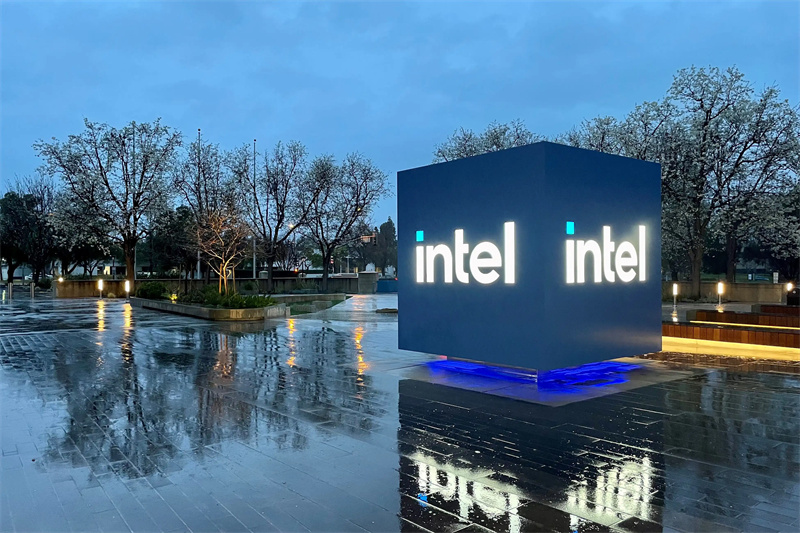Intel, once a dominant force in Silicon Valley, is exploring a dramatic shift in its business strategy: handing over the operation of its chip manufacturing plants to Taiwan Semiconductor Manufacturing Company (TSMC). The discussions, which are reportedly backed by the Trump administration, aim to address Intel's struggling manufacturing sector and its inability to compete with TSMC in producing advanced chips.
Over recent months, Intel's interim executive chairman, Frank Yeary, has met with U.S. officials and TSMC leaders to discuss the possibility of transferring control of Intel's U.S. semiconductor factories. Sources familiar with the talks suggest that TSMC, already responsible for producing 90% of the world's advanced semiconductors, could take a controlling stake in Intel's manufacturing operations. This shift would separate Intel's struggling manufacturing business from its semiconductor design and product business. The deal could also involve investors, such as private equity firms, and would potentially include Intel's U.S. facilities in states like Oregon, Arizona, and New Mexico, as well as its overseas operations in Israel and Ireland.
TSMC's involvement would address Intel's ongoing financial difficulties, particularly after the company's failure to lead in the smartphone and artificial intelligence chip markets. While the U.S. government has offered billions in subsidies through the CHIPS Act, Intel's fortunes have continued to decline. The company's operating loss from its manufacturing division reached $13.4 billion in 2024, prompting its board to seek solutions, including the possibility of splitting the company.
While Intel and TSMC have not confirmed the deal, sources suggest that TSMC is open to the idea. However, political hurdles remain. The Trump administration has expressed strong interest in supporting domestic semiconductor production, but it's unclear whether the U.S. government will endorse a deal that would place a critical American industry under foreign control. Trump has previously criticized the Biden administration's approach to chip manufacturing and has favored tariffs over subsidies to bring production back to the U.S.

For Taiwan, TSMC's dominance in the chip industry has become a critical strategic asset, known as a "silicon shield" that deters military aggression from China. Taiwan's President Lai Ching-te recently expressed that his government would collaborate with the island's semiconductor sector to formulate a strategy that could satisfy Trump's demands while safeguarding Taiwan's position in the global chip market.
TSMC's involvement in the Intel talks marks a shift from earlier positions. As recently as October, TSMC's chairman, C.C. Wei, publicly stated that the company was not interested in acquiring Intel's factories. However, TSMC's willingness to engage in discussions about Intel's future demonstrates the evolving landscape of the semiconductor industry.
Intel's decline, despite its role as the largest U.S.-based semiconductor manufacturer, highlights the immense pressure on the company to adapt. The potential deal with TSMC could help stabilize Intel's operations, but whether the U.S. government will approve such an arrangement remains uncertain. If successful, it would mark a significant transformation in the global semiconductor market.
+86 191 9627 2716
+86 181 7379 0595
8:30 a.m. to 5:30 p.m., Monday to Friday
